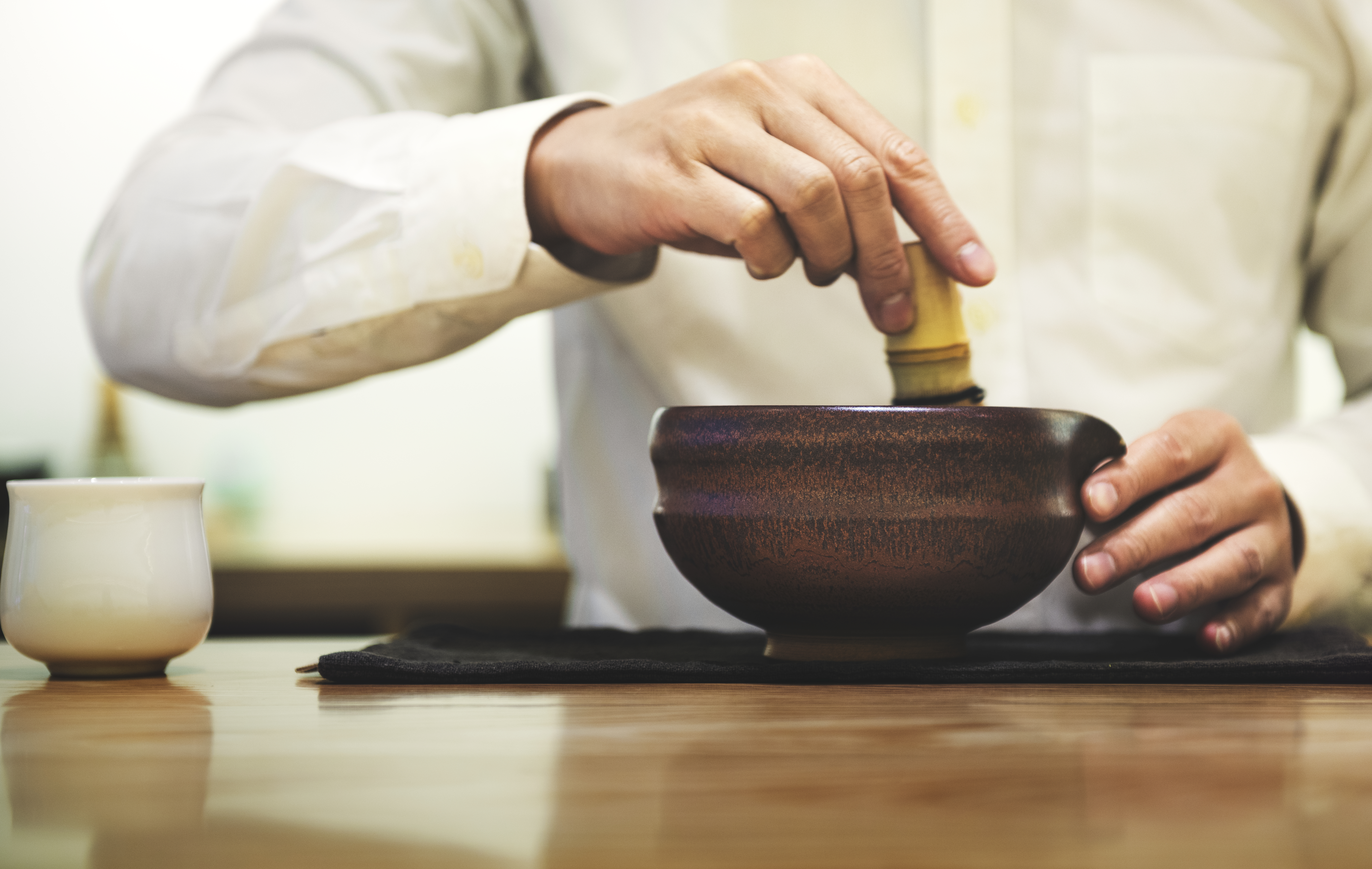In traditional Chinese medicine theory, the menstrual cycle of women is considered a reflection of the changes and circulation of Yin and Yang, Qi, and blood within the body. Symptoms occurring during the menstrual cycle, the regularity of the cycle, and the quantity of menstrual blood can indicate the balance of Qi, blood, Yin, and Yang within the female body.
Uterine deficiency and cold may be caused by various factors. In traditional Chinese medicine theory, uterine deficiency and cold are often considered a result of an imbalance between Yin and Yang or impaired circulation of Qi and blood within the body.
Here are some possible causes that may lead to uterine deficiency and cold:
Emotional Instability
Emotional instability, prolonged stress, or excessive emotional tension can disrupt the smooth flow of Qi and blood within the body, thereby affecting the health of the uterus.
Dietary Habits
An imbalanced diet, excessive reliance on raw and cold foods, cold beverages, or fruits, as well as a lack of nutritional balance, may lead to an imbalance between Yin and Yang in the body, exacerbating symptoms of uterine deficiency and cold.
Cold Environment
Prolonged exposure to a cold environment, especially if the abdominal area is exposed to cold, can lead to poor circulation of Qi and blood around the uterus, triggering symptoms of deficiency and cold.
Weakness or Illness
General weakness, chronic illness, or poor constitution may result in poor circulation of Qi and blood, making the uterus more susceptible to the influence of cold and exhibiting symptoms of deficiency and cold.

Lifestyle Habits
Irregular daily routines, prolonged periods of staying up late, excessive fatigue, and a lack of appropriate exercise may also impact uterine health, leading to symptoms of deficiency and cold.
5 Major Symptoms of Uterine Cold Deficiency
Here are five major symptoms that may occur with uterine deficiency and cold, particularly affecting the female reproductive system:
Menstrual Issues
Irregular menstrual cycles, excessively light or heavy flow, prolonged or shortened periods, and even menstrual pain can be observed.
Infertility or Recurrent Miscarriage
Uterine deficiency and cold may affect the thickness and texture of the uterine lining, creating an environment unsuitable for embryo implantation or development, leading to infertility or recurrent miscarriages.
Discomfort in the Reproductive Tract
Symptoms such as lower back pain, abdominal bloating, abdominal pain, cold and painful sensations in the uterus, or discomfort in the vagina may occur.
Sexual Function Issues
Uterine deficiency and cold may contribute to reduced libido, painful intercourse, or discomfort during sexual activity.
Other General Effects
Other systemic symptoms may include emotional instability, irritability, cold extremities, fatigue, and weakness.
If a woman notices abnormal symptoms in her menstrual cycle, it is advisable to consult a doctor or traditional Chinese medicine practitioner promptly. Professional diagnosis and treatment can help understand the specific causes of these symptoms and implement appropriate adjustments and therapeutic measures, contributing to maintaining overall health and preventing potential issues.

Tips for Preventing Uterine Cold Deficiency
1. Stay Warm
Avoid prolonged exposure to cold environments, especially keeping the abdomen, lower back, and feet warm during chilly seasons by wearing adequate warm clothing.
2. Balanced Diet
Maintain a balanced diet and incorporate moderately warm foods, such as ginger, longan, black chicken, and lamb, to enhance the body's yang energy. Reduce the intake of raw and cold foods, especially cold fruits and beverages.
3. Warmth and Detoxification
Engage in moderate exercise to promote blood circulation, but ensure to stay warm after physical activity to prevent catching a chill. Change into clean clothes promptly after sweating to avoid cooling the body.
4. Manage Emotional Stress
Long-term emotional stress and tension may impact the balance of yin and yang in the body. Learn to relieve stress through relaxation, meditation, and calming activities to help maintain bodily equilibrium.
5. Regular Sleep Patterns
Develop healthy sleep habits, ensuring an adequate amount of sleep to maintain a regular daily routine, contributing to the regulation of yin and yang in the body.
6. Traditional Chinese Medicine (TCM) Adjustment
If experiencing symptoms of cold in the body, consider consulting a TCM practitioner for a personalized adjustment plan, such as herbal medicine or acupuncture, based on individual constitution.




